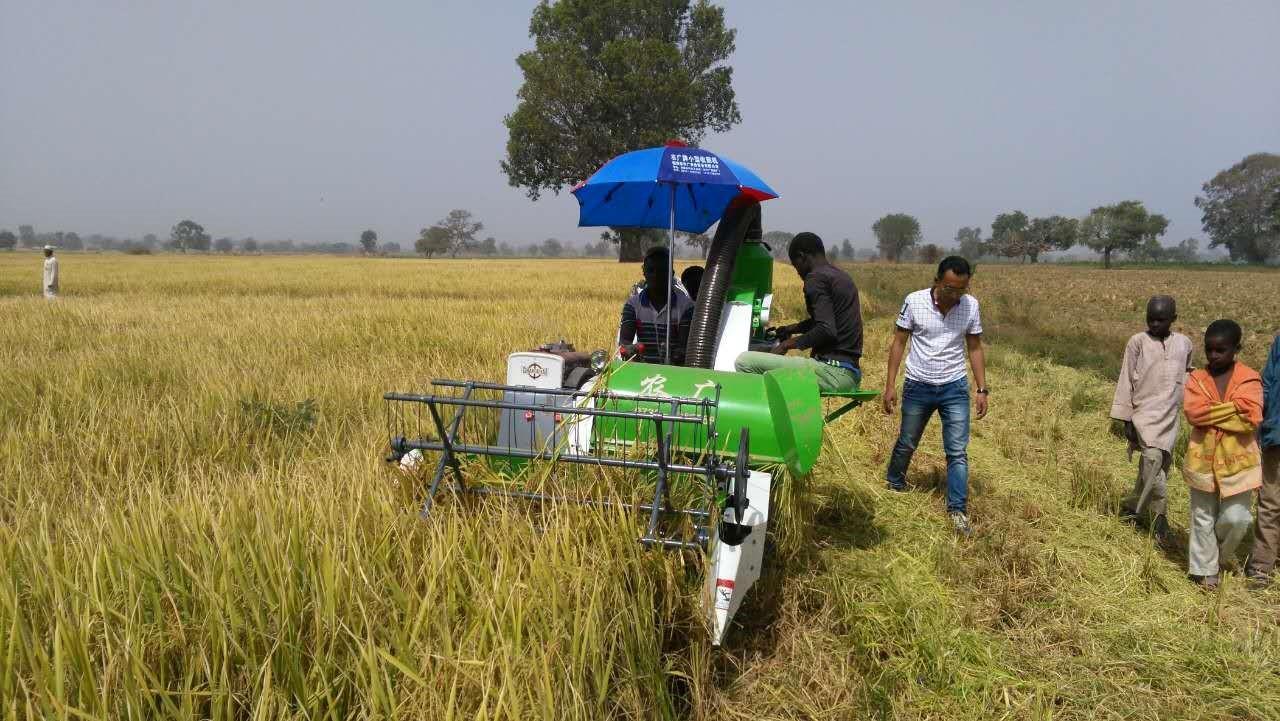Africa-Press – Botswana. Petrologists have advised crop farmers in the northern part of Botswana to use the Agro Metrological Bulletin to monitor crops and weather conditions during the cropping season.
Principal petrologist based in Francistown, Ms Lilian Ntshwarisang made the call when addressing Tonota, Tutume and Masunga (TOTUMA) Arable Framers Association meeting on the status of seasonal rainfall and temperature outlook ahead of the upcoming 2023/2024 ploughing season in Francistown last week.
Agro Metrological Bulletin is prepared and disseminated by the National Meteorological Agency (NMA) to provide agricultural sectors and related disciplines with the current weather situation in relation to agricultural practices.
Ms Ntshwarisang said agro metrological bulletins were important for farmers as they provided crucial information about the weather and its impact on crops, which was the necessary information relevant to the agriculture sector.
“It is vital tool in monitoring crops, the weather conditions during the growing seasons, to be able to make more realistic assessment of the annual crop production before harvest,” she said.
She told farmers to use the bulletins to make informed decisions about when and what to plant, how to manage pests and diseases and when to harvest.
She informed them that such information was important, particularly in a country like Botswana, where the weather can be unpredictable and can have a significant impact on crop yields.
“With the right information, farmers can minimise losses and maximise their productivity,” she added.She also told farmers that the rainfall outlook for October, November and December this year showed that there would be below normal rainfall in the North East District while in January, February and March next year, rainfall would remain the same in the district as well as Tonota.
Forecast indicates that Tutume District would record normal rainfalls during October, November and December this year and normal to below normal in January, February and March next year.
Other updates, she said, would be provided in December because rainfall forecast updates helped farmers plan ahead and make decisions on what crops to plant.
“Since rainfall is a key factor in the growth and success of crops, having accurate and up-to-date rainfall forecasts can help farmers make informed decisions that can improve their yields and reduce risks,” she added.
Ms Ntshwarisang said rainfall updates also provided information about potential drought conditions, enabling farmers to take steps to mitigate their impact.
She advised farmers to work hand in hand with officials from the Ministry of Agriculture to consider which drought resistant crops to plant because of the scarce rainfall that would be received in the northern part of Botswana.
Meanwhile, Francistown-based district crop production officer, Ms Goitseone Mvelashe told farmers that though the effects of rainfall would still be felt throughout Botswana this ploughing season, they should not despair in planting groundnuts, which were drought intolerant.
Ms Mvaleshe said the most important thing for farmers to do was to take agronomic measures seriously and practice smart farming that included conserving moisture, tilling and ripping.
“Good agricultural management practices and mind-set change are key to good yields,” she said.
Good management and agronomic practices can be beneficial for ground nuts production in the northern part of Botswana though they were water-intensive crops and were drought intolerant.
She said crop rotation was also important to reduce pests and diseases as well as improve soil fertility.
“It is also advisable to use certified seeds as this will ensure that the ground nuts are of good quality and have a high yield potential. Additionally, mulching can help to conserve moisture and suppress weeds, while inter cropping with legumes can improve soil fertility,” she added.
The meeting then breathed a sigh of relief by the news because groundnuts were one of the staple food in the northern part of Botswana.The association’s acting chairperson, Mr Paulos Nkoni, said ground nuts were culturally significant in the northern part of Botswana because they were used in various traditional dishes including stews, porridge, sauces and ceremonies and were also a source of income.
Mr Nkoni said ground nuts were a popular snack and were often eaten roasted or boiled with the high protein and fat content made them a precise important source of nutrition.
For More News And Analysis About Botswana Follow Africa-Press






